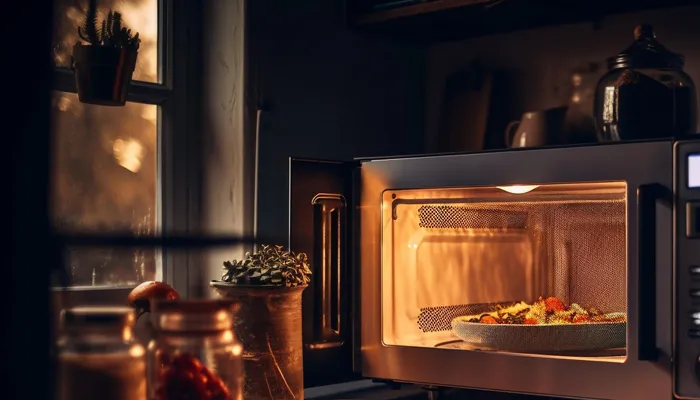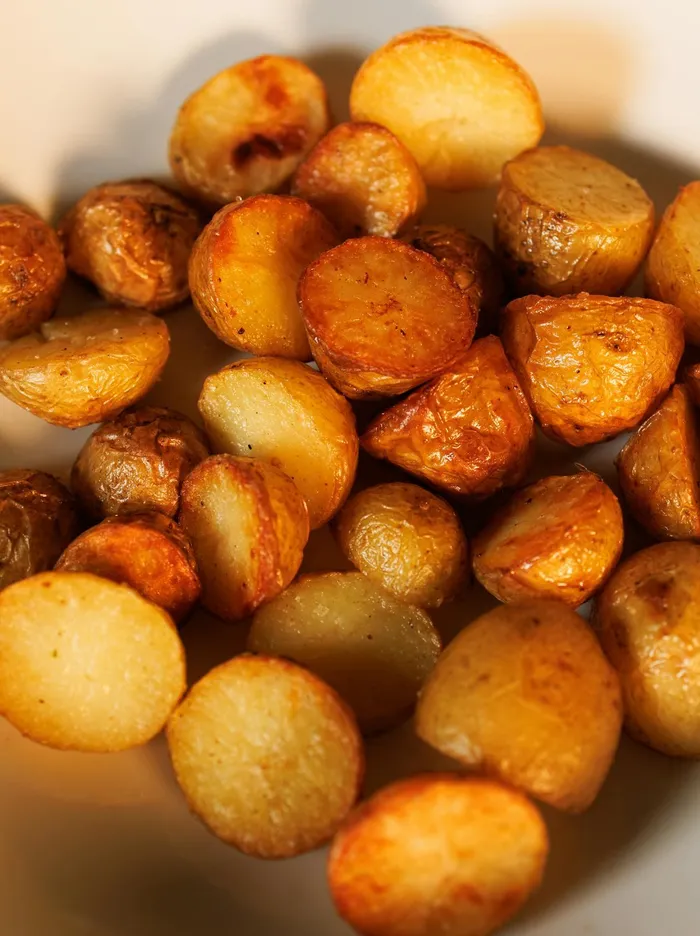5 foods you should never reheat in the microwave

Using a microwave is a convenient way to reheat food.
Image: vecstock / Freepik
If you want to enjoy last night’s dinner, your instinct is to pop it into the microwave to reheat it. You put it in the microwave and two minutes later, your food is ready to enjoy.
While this is very convenient, not all food should in fact be reheated in a microwave.
Some can lose their texture and flavour, or even become harmful when reheated.
Here are five foods you should avoid microwaving and why.
Eggs
Reheating hard-boiled or scrambled eggs in the microwave can result in an unpleasant, rubbery texture.
More concerningly, it can cause the release of sulfuric gases, creating an off-putting smell.
Additionally, uneven heating in the microwave can leave cold spots where bacteria may thrive. To enjoy leftover eggs, it’s best to eat them cold or reheat them gently on the stovetop.
Steak
If you have leftover steak from a nice restaurant and plan to reheat it in the microwave the next day, don’t expect the same gourmet experience.
Reheating steak can compromise its tender texture and rich flavour, as the extra heat tends to dry out the meat, making it tough.
Moreover, reheating often leads to uneven temperatures, leaving some parts of the steak overcooked while others remain cold.

Reheating steak can compromise its tender texture and rich flavour.
Image: Geraud pfeiffer
Rice
Rice may seem harmless to reheat, but improperly stored rice can harbour Bacillus cereus, a type of bacteria that survives cooking.
When rice is left at room temperature for too long, these bacteria can produce toxins that are resistant to heat, even microwaving.
Consuming reheated rice that hasn’t been stored correctly can lead to food poisoning.
To stay safe, refrigerate leftover rice promptly and reheat it thoroughly on the stovetop or in an oven.
Potatoes
Cooked potatoes can become a breeding ground for Clostridium botulinum if left at room temperature for too long.
Reheating them in the microwave may not eliminate these harmful bacteria.
To prevent foodborne illness, always refrigerate cooked potatoes promptly and reheat them thoroughly in the oven.

Cooked potatoes can become a breeding ground for Clostridium botulinum.
Image: Ellie Burgin
Seafood
Reheating seafood in the microwave can result in a strong, unpleasant and lingering odour.
Beyond the smell, the microwave can overcook seafood, ruining its delicate texture and flavour.
Some types of seafood may also develop harmful compounds when reheated.
For the best results, warm seafood gently on the stovetop or in the oven.
IOL Lifestyle
Related Topics: